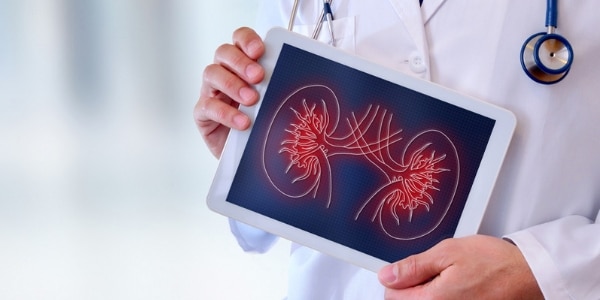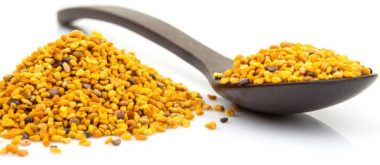The aging process can impact kidney function in both men and women. Therefore, it is important to take the necessary countermeasures in time.
Natural Decline in Kidney Function Attributable to Aging
As individuals grow older, naturally, their internal organs age. This is especially true of the kidneys. Medical researchers suggest that men and women aged 60 and older are more likely to experience a decline in kidney function. The same scientific professionals believe that more than half of those aged 75 and older have some form of kidney malfunction.
Undetected Conditions
One major issue with certain kidney malfunctions is that many individuals do not realize they possess these illnesses. Research has concluded that one in seven, or 30 million Americans, has some undiagnosed manifestation of kidney disease. In many instances, associated symptoms are subtle and difficult to detect until the malady has significantly progressed.
Increased Risk Factors
In addition to age, those with ailments like diabetes, high blood pressure, or family history stand at an increased risk of developing various kidney ailments. Moreover, unsupervised or chronic usage of certain over-the-counter or prescription drugs might weaken renal function.
The Influence of Menopause

Menopause is a life event all women who reach their late forties or early fifties experience. During this phase, their reproductive organs rapidly decline production of sexual hormones and eventually cease production altogether. This occurrence precipitates a host of untoward symptoms, as well as the inability to conceive children any longer.
Researchers have discovered that this hormonal decline can contribute to structural issues within the kidneys, as well as the organs’ ability to filter and process urine. These issues can precipitate the onset of various renal ailments.
The Influence on Andropause
Men are not immune to a decline in sexual and reproductive hormones. Once a man reaches age 40, systemic production of testosterone and other primary chemicals decreases incrementally. Like women, this occurrence could precipitate the development of a host of bothersome, if not life-altering, physical, mental and sexual manifestations.
Diminished testosterone concentrations can elicit problems such as urinary difficulties and changes to the size and scope of the important sexual organ prostate. If left untreated, these maladies could impact the kidneys and eventually precipitate various renal ailments.
Tips for Maintaining Optimal Kidney Health
Fortunately, there are steps men and women can execute to prevent the development of kidney disease.
- Avoid High Blood Pressure – Elevated blood pressure levels are a known contributing factor to kidney disease. Ensuring that these readings remain in the normal ranges is critical. If an individual is diagnosed with high blood pressure, taking actions necessary to lower it will be crucial, such as taking prescribed medications, changing one’s diet and obtaining adequate amounts of exercise.
- Monitor Medicine Consumption – Certain drugs, particularly over-the-counter pain killers, have the potential to accumulate inside the kidneys and disrupt normal organ function.
- Stay Hydrated – The intake of an adequate supply of fluids is necessary to ensuring the body’s hydration and the normal flow of bodily fluids.
- Limit Salt Intake – Few substances can exert a more deleterious impact on the kidneys than salt. Salt can interfere with normal kidney function and contribute to the development of high blood pressure.
- Drink Alcohol in Moderation – Not only does excessive alcohol consumption cause a buildup of excess fluids that places added strain on the kidneys but also contains chemicals and toxins that can cause bodily harm.
- Monitor Kidney Function – All aged people, especially those with risk factors, a family history of kidney disease or those experiencing menopause or andropause, should consult with their healthcare providers frequently and receive proper renal monitoring.





